Unlocking Diversity: 3 Types of Sand Molds Commonly Used in Sand Casting
Author: SAIVS Date Published: Mar 25,2024
Sand Casting is a metal casting process that uses sand molds to produce metal castings.
The sand mold is made of sand and a binder, which can be clay, sodium silicate, resin, etc.
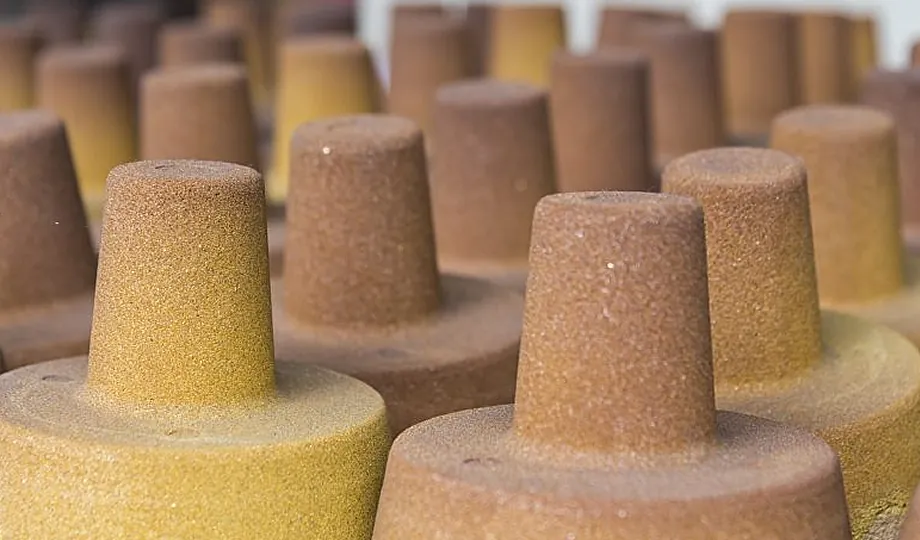
1. Green Sand Mold
Green sand mold is the most commonly used type of sand mold in sand casting.
It uses clay as a binder and adds a certain amount of water to the sand mold.
The advantages of green sand mold are:
-Simple to manufacture and low-cost
-Wide applicability, can be used to cast castings of various materials
-Good high-temperature resistance and corrosion resistance
The disadvantages of green sand mold are:
-The strength of the sand mold is low and it is easy to deform
-Long baking time and low production efficiency
2. Sodium Silicate Sand Mold
Sodium silicate sand mold uses sodium silicate as a binder.
The advantages of sodium silicate sand mold are:
-High sand strength, not easy to deform
-Short baking time and high production efficiency
The disadvantages of sodium silicate sand mold are:
-The Manufacturing Process is complicated and the cost is high
-Higher requirements for casting equipment
3. Resin Sand Mold
Resin sand mold uses resin as a binder.
The advantages of resin sand mold are:
-High sand strength, can be used to cast large and complex castings
-Good fluidity and air permeability
-The surface finish of the casting is high
The disadvantages of resin sand mold are:
-Resin sand pollutes the environment
Conclusion
Green sand mold, sodium silicate sand mold, and resin sand molds are the three types commonly used in sand casting.
Each type of sand mold has its advantages and disadvantages. The type of sand mold should be selected according to the specific requirements of the casting.
If you want to learn more about sand casting, please contact us!
Why Choose SAIVS™ as Your Supplier?
1.Superb Quality Control Management
At SAIVS, we take pride in our perfect quality management systems and procedures, which guarantees the excellent performance of all our producs, being a professional Investment Casting | Die Casting| Sand Castingmanufacturer in China.
2.Rich Production Experience
With 20 years of experience in production, SAIVS has a deep understanding of the market and trends, and strives for continuous research and innovation. This has created advantages in both the product's performance and appearance.
3.Competitive Prices
As a Chinese factory committed to becoming the most cost-effective Investment Casting | Die Casting| Sand Castingexporter in China, SAIVS provides high-quality products at advantageous prices. By lowering costs and increasing efficiency, we ensure that our customers receive the best possible value for their investment.
4.Perfect After-sales Service
At SAIVS, we strive to provide superior customer service that meets and exceeds expectations. We are always available for any questions or concerns you may have, and we stand by our commitment to providing excellent after-sales support.
Related Posts
-
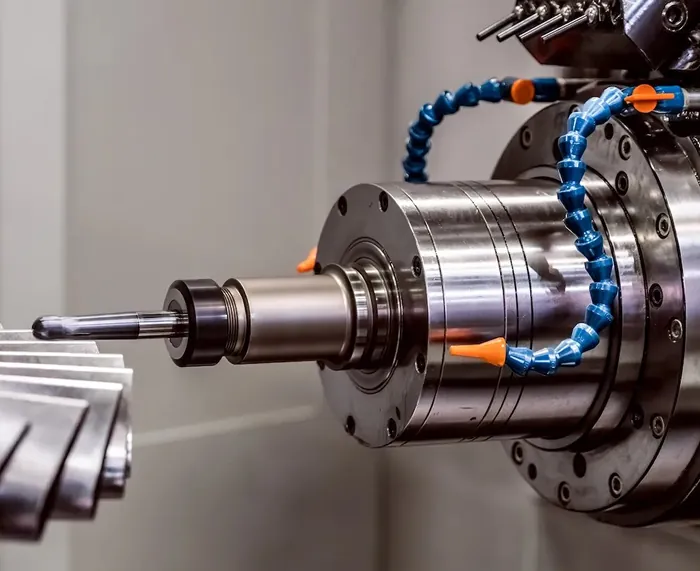
Die cast product design: 3 considerations
Die casting is a manufacturing process used to produce metalcomponents with high precision and efficiency. It involves injecting molten metal into a die, which ...
-
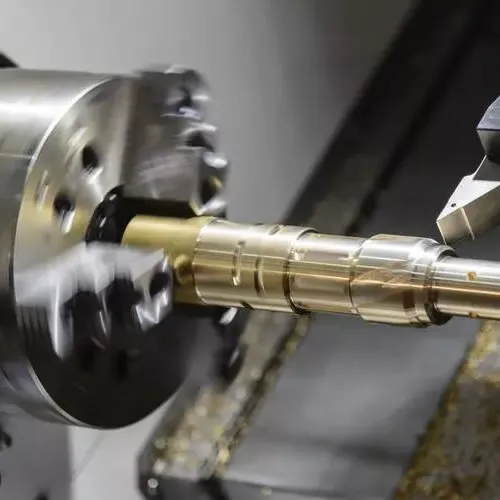
Essential Information and Parameters for Truck CNC Machining Shaft
Truck CNC Machining Shaft - What Other Parameters or Information Do People Care About About This Product?When it comes to truck CNC machining shafts, there are ...
-
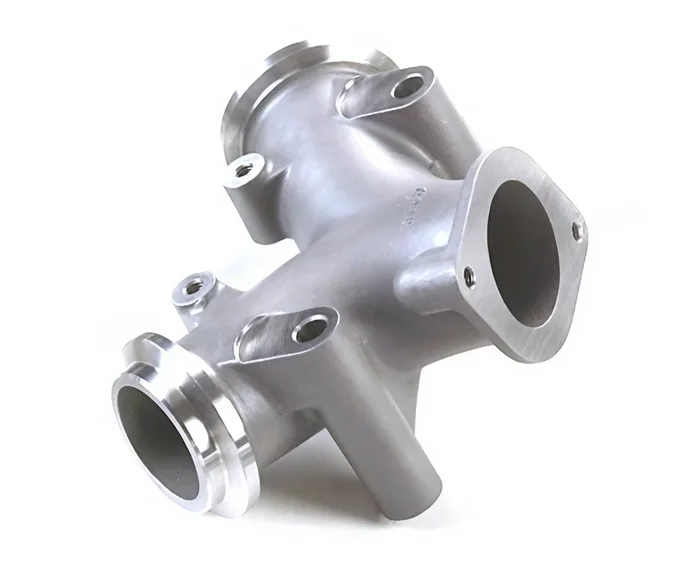
When to use investment casting in automotive
Investment casting offers several key applications within the automotive sector. Here are some notable areas where investment casting is commonly utilized:Engin...
-
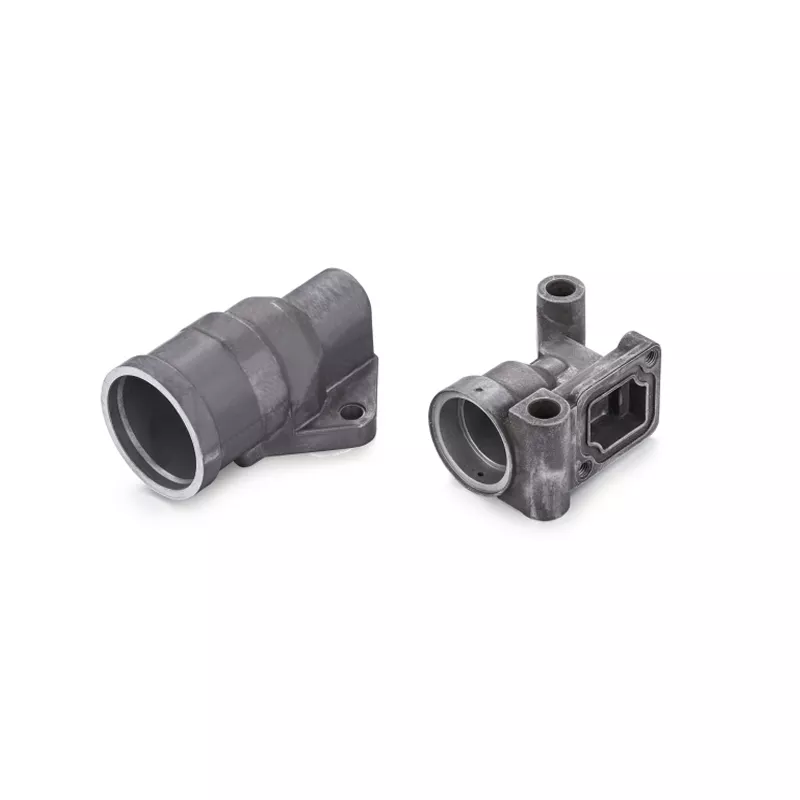
How to remove burrs from aluminum alloy die castings?
Due to the influence of raw materials, equipment and other factors during the production of aluminum alloy die castings, burr is common. How to remove these bur...
-
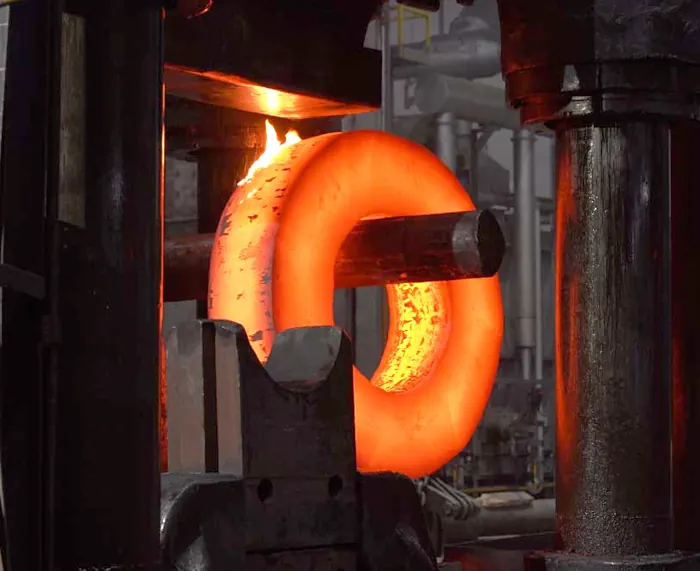
Grain Structure: The Touchstone of Sheet Metal Processing Technology
This article delves into the role of grains in sheet metal processing, the unpredictability of metal sheets, and proposes optimization strategies to improve par...
-
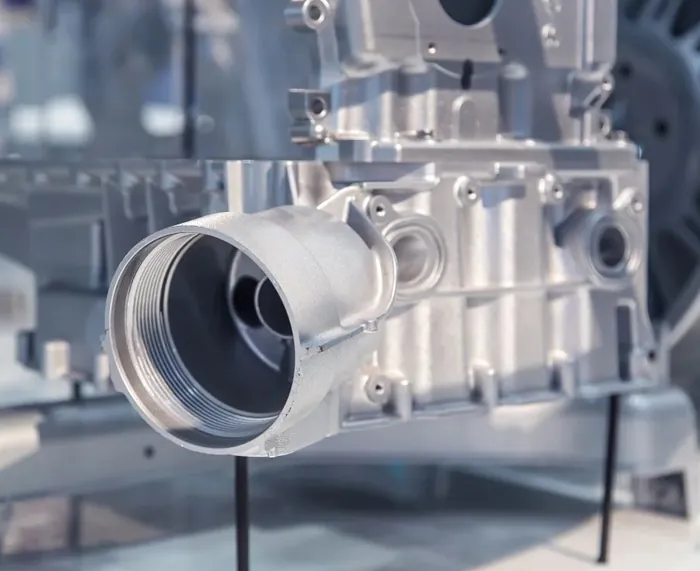
How to ensure the quality of die castings
This article will introduce how to ensure the quality of die casting from the machine and equipment, material selection, process control, testing standards, and...

